South Sudan
The world’s youngest nation, South Sudan, has cancelled its Independence Day celebrations in the face of the ravage caused by a civil war that has left thousands dead and brought its economy onto its knees.
“We decided not to celebrate the July 9 Independence Day, because we don’t want to spend that much, we need to spend the little that we have on other issues,” Michael Makuei, the minister of information, told reporters on Tuesday.
Since the country gained its independence from Sudan in 2011, it’s first and current president has always presided over a military parade and a celebration of its independence even at the height of the civil war that broke out three years ago.
#South_Sudan will not celebrate Independence Dayhttps://t.co/oiJ6NxwNbD pic.twitter.com/zofRJsPP9V
— Sudan Tribune (@SudanTribune_EN) June 24, 2016
However, the president Salva Kiir would be expected to address the nation, which just came out of a civil war with a peace process being implemented following the return of former rebel leader and vice president Riek Machar’s return to the capital Juba.
South Sudan’s economy has been battered by soaring inflation caused by the war, rampant corruption and the near collapse of the oil industry, which accounts for 98% of government revenues.
Despite the UN brokered peace deal currently in place, there are still pockets of violence perpetrated by militia groups which pay no heed to either Machar or Kiir, the latest report of violence is reported to have claimed over 40 lives in the town of Wau.
The humanitarian situation in the country has also been worsening with aid agencies calling for a stepping up of efforts to support the tens of thousands who were displaced as a result of the war.
Aside the tens of thousands who have died since war broke out, some two million people have reportedly been displaced, leaving five million in need of help. Records indicate that more than 160,000 civilians currently live in UN-guarded camps across the country, down from a peak of more than 200,000 last year.



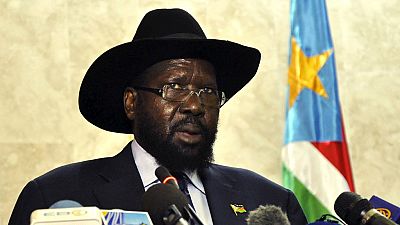

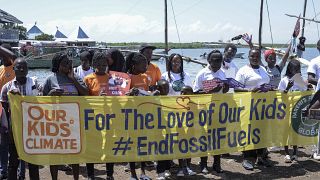
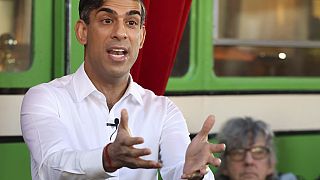
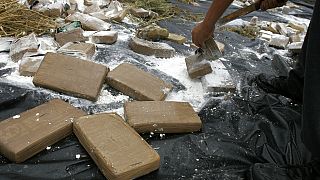
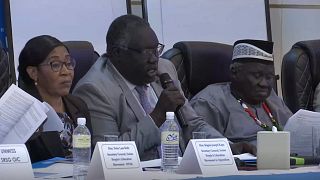
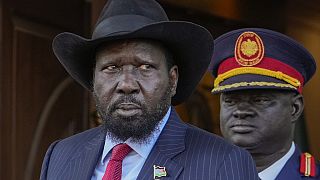
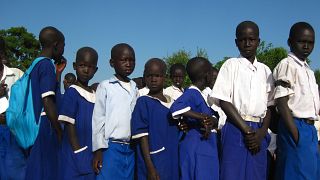
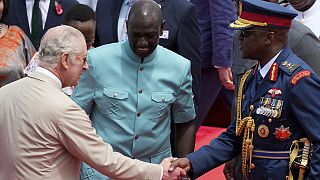

01:19
Sudan: over 25 million people facing humanitarian crisis, says UNHCR
01:01
Senegal marks 64 years of independence
01:40
UN assembly adopts resolution backing ongoing efforts to eliminate 'blood diamonds' trade
01:10
Somalia: Puntland refuses to recognise federal government after disputed constitutional changes
01:55
Two armed groups in the DR Congo pledge to better protect civilians
01:34
South Sudan: UNMISS and partners commission centre to assist survivors of conflict